Treatment options for addiction recovery
Trinity River Recovery Center offers different levels of care, such as medically supervised detox, residential treatment with group activities, medication-assisted treatments (MAT), and partial hospitalization programs (PHP). A Substance Use Disorder (SUD) diagnosis involves a comprehensive assessment that includes clinical history, physical exams, mental health evaluations, and DSM-5 criteria. The number of criteria determines the severity of the disorder.
MAT is particularly effective for opioid use disorder (OUD) because it combines medications, counseling, and behavioral therapies. It helps reduce withdrawal symptoms, cravings, and the risk of relapse. These FDA-approved medications work well for alcohol and opioid disorders.
Levels of Care

Detox Center in Dallas
Medically supervised detoxification is effective in safely managing withdrawal symptoms. Detox is usually done before entering residential treatment.

Residential Treatment Center (RTC)
Our highest level of care provides inpatient treatment in a nurturing setting where clients can enjoy group activities, psychiatric visits, and medication-assisted treatments (MAT).

Partial Hospitalization Program (PHP)
This is a flexible option in which clients receive structured care while living at home. After receiving treatment during the day, the client is free to return home at night.
We're here when you are ready to take your first steps toward recovery.
Recovery Advisors are available to take your call 24/7, even during the holiday season.
Substance Use Disorders
Substance Use Disorder (SUD) diagnosis involves a comprehensive assessment and follows a specific process:
Clinical Assessment
Detailed History: The healthcare professional gathers information about the individual’s substance use history, including the types of substances used, the frequency and quantity of use, and the duration of use.
Physical Examination: A physical exam may be conducted to assess any physical signs of substance use or related health issues.
Mental Health Evaluation: An assessment of the individual’s mental health status is performed to identify any co-occurring mental health disorders, including mood, behavior, and cognitive function.
DSM-5 Substance Use Disorder Criteria
The DSM-5 outlines 11 criteria for diagnosing substance use disorder. The presence of at least two of these criteria within a 12-month period indicates a SUD, including taking the substance in larger amounts or for longer than intended, wanting to cut down or stop using the substance but being unable to, and craving or a strong desire to use the substance.
Severity Determination
The severity of SUD is determined based on the number of criteria met, classified as mild (2-3 criteria), moderate (4-5 criteria), or severe (6 or more criteria).
Additional Tools and Tests
Screening Tools: Standardized screening tools such as the Alcohol Use Disorders Identification Test (AUDIT) or the Drug Abuse Screening Test (DAST) may be used to aid in the assessment.
Laboratory Tests: Blood, urine, or other laboratory tests may be conducted to detect the presence of substances and assess overall health.
Collaboration and Confirmation
Collateral Information
Input from family members, friends, or other healthcare providers may be sought to corroborate the individual’s self-reported history and symptoms.
Continuous Monitoring
Diagnosis may be ongoing, with continuous monitoring and reassessment to adjust the treatment plan as needed.
It’s crucial to ensure an accurate diagnosis to develop an effective treatment plan tailored to the individual’s specific needs, which may include detoxification, behavioral therapy, medication-assisted treatment, and support for co-occurring mental health conditions.
Patients with substance use disorders (SUD) who misuse multiple substances have a condition known as polysubstance use disorder.
Medication Assisted Treatment (MAT)

Medication-assisted treatment (MAT) combines medications with counseling and behavioral therapies to treat substance use disorders, especially opioid use disorder (OUD). The medications help alleviate the physical challenges that come with stopping opioid use, enabling individuals to restore normal brain function, reduce substance cravings, and prevent relapse.
Individuals can better manage their dependency and progress toward recovery because MAT provides a comprehensive, compassionate, and practical approach to addressing substance abuse and raises the odds of success in the long term.
By easing withdrawal symptoms, curbing cravings, and reducing the risk of relapse, MAT, when combined with behavioral therapies, significantly improves recovery outcomes.
The United States Food and Drug Administration (FDA) has approved safe and effective medications for treating alcohol use disorder, opioid use disorder, and tobacco use disorder. Medications for Opioid Use Disorder also lower the risk of overdose and overdose-related deaths.


